Jessica Espinoza: Closing the equity gap through positive impact
This week, our TTI Interview Series covers our TTI member Jessica Espinoza. Jessica is a Senior Investment Manager at DEG, the German Development Finance Institution (KfW Group) and the Chair of the 2X Challenge. She is also the Founder of XOCO Unlimited, an edtech venture empowering adolescent girls in developing countries to leapfrog to digital jobs of the future.
In this interview, Jessica shows us how to address alarming issues, and highlights the equity gap in education, and how it can be transformed through digital innovation. She argues that we need to distinguish between “do no harm” ESG standards and generating true impact through contributing positively to the SDGs, and how impact needs to be incorporated into the core business of investors and entrepreneurs.





